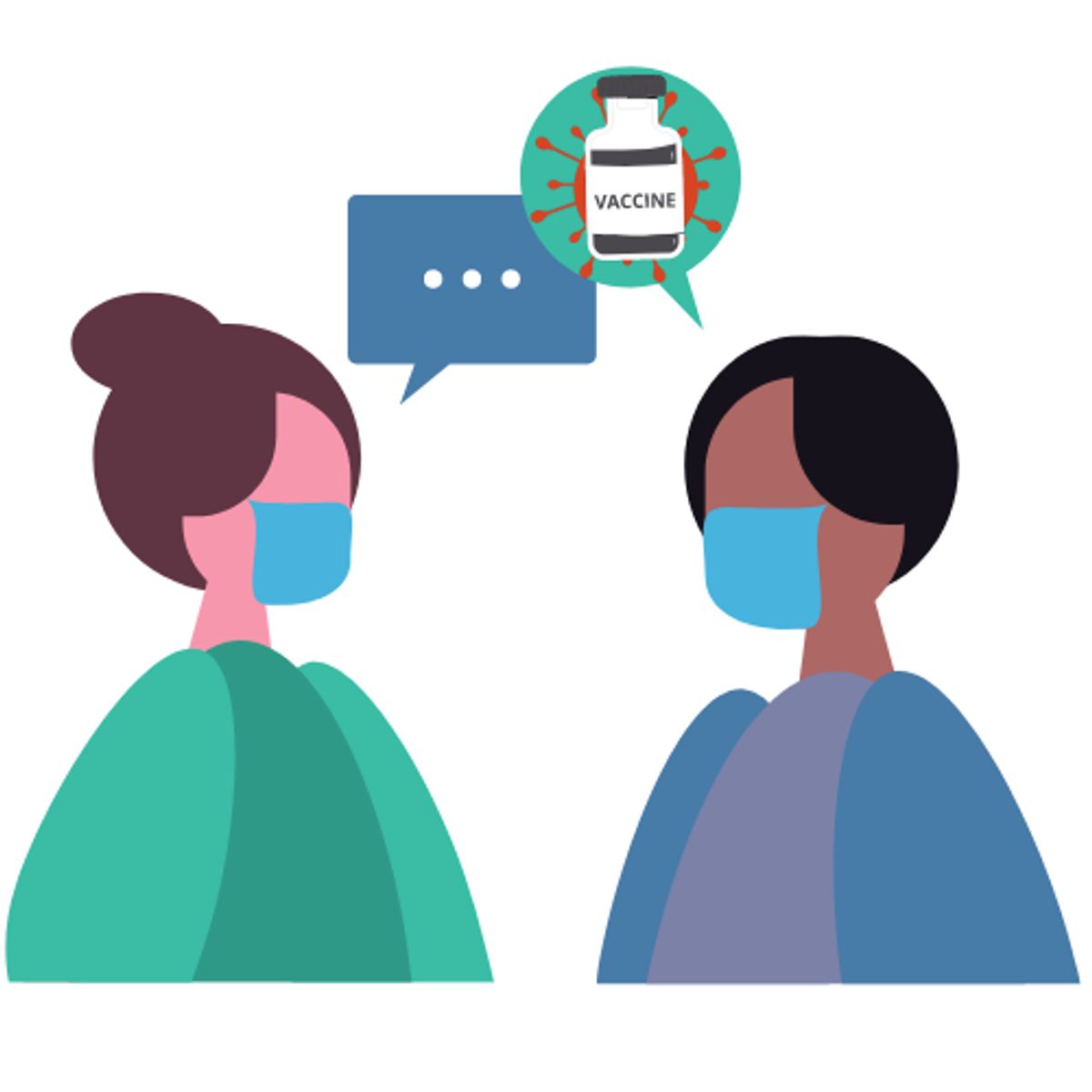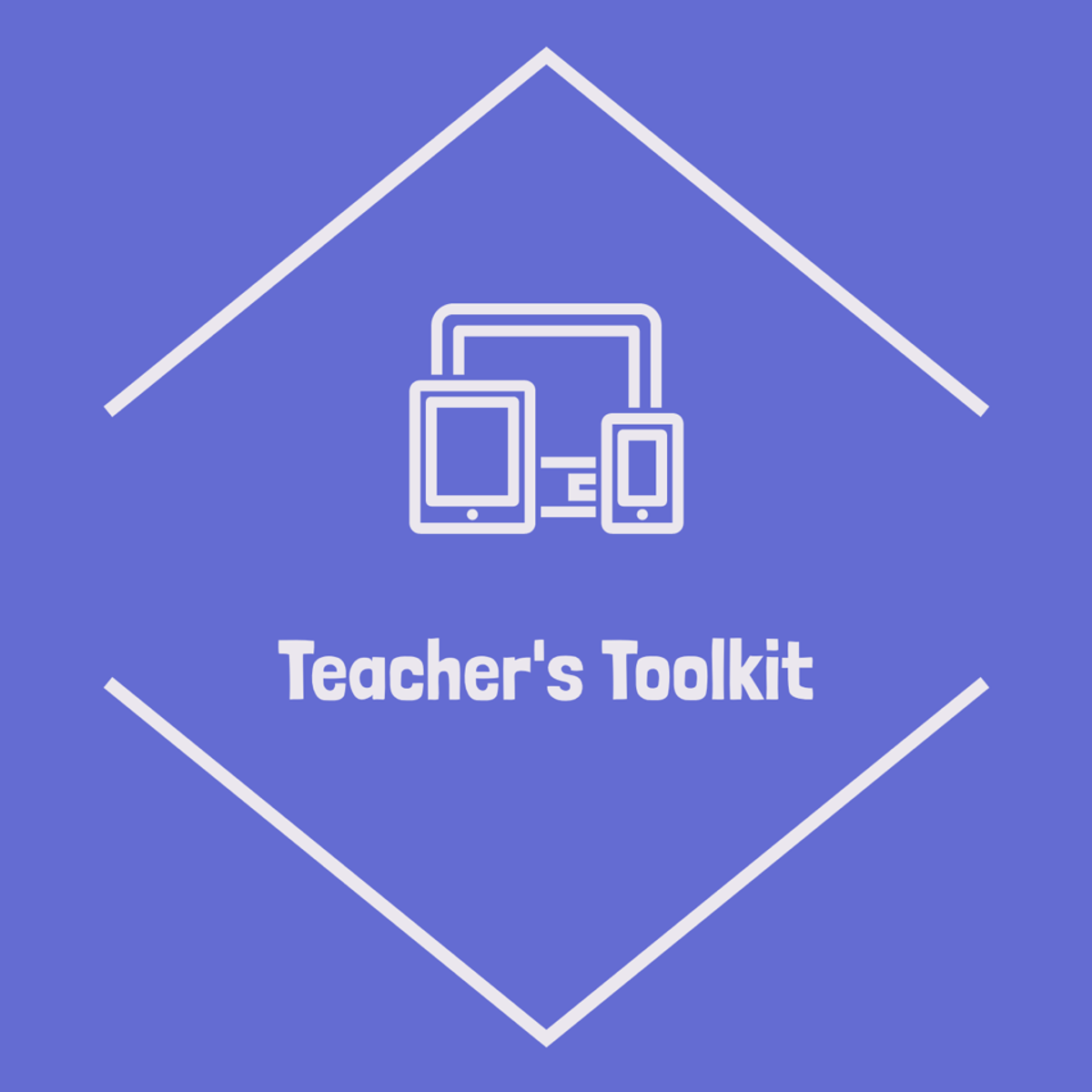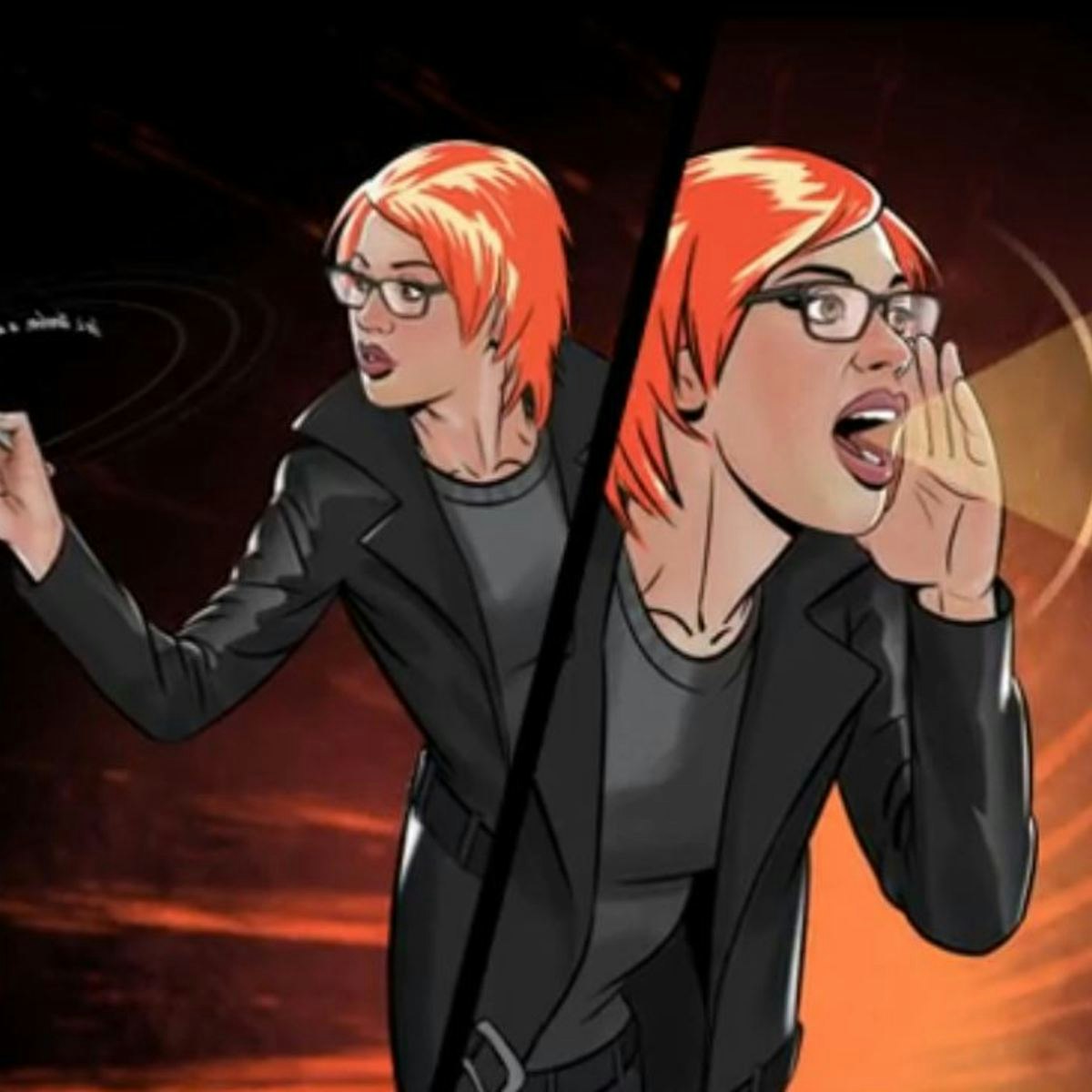Back to Courses









Education Courses - Page 19
Showing results 181-190 of 264

Make a Table of Contents, Footnotes, and more with Word
By the end of this project, you will be able to create an automatic table of contents using Microsoft Word. You will learn to insert and use: page numbers, footnotes, endnotes, and comments. In addition, you will utilize a unique feature to translate your document and to track changes for editing purposes. This guided project will teach you step by step on how to make good use of all these tools to make exceptional word documents.

Art & Inquiry: Museum Teaching Strategies For Your Classroom
Explore how to integrate works of art into your classroom with inquiry-based teaching methods originally developed for in-gallery museum education.

Inclusive Leadership: The Power of Workplace Diversity
Do you want to promote diversity and inclusion? This course will empower and equip you to develop inclusive cultures where everyone feels valued and respected. You will learn how highly inclusive leaders from around the world use processes of social influence to interact effectively with individuals from a wide variety of backgrounds. You will deepen your understanding of the benefits of diversity. And, you will explore a wealth of perspectives and practices to help you to reap those benefits.
This course is for current or aspiring leaders in ANY type of workplace, in ANY leadership role - a CEO of a corporation, a head of a department, a manager of a workgroup, a team leader, a chair of a committee, you name it!
Course highlights include studying signature traits of inclusive leadership (based on global research), strengthening self-awareness, developing your communication skills, and improving your ability to help others feel a strong sense of belonging. Course content covers traditional and timely topics -- from listening, feedback, and collaboration, to privilege, implicit bias, microaggressions, and micro-affirmations.
The instructor for this course is nationally recognized educator, leader, and public speaker, Dr. Brenda J. Allen (Communication Professor Emerita). Dr. Allen is a retired Chief Diversity Officer who offers highly-rated workshops, consultations, and presentations on topics such as inclusive leadership, racial equity, strategic planning, respect in the workplace, and diversity recruitment/retention practices. She has a proven ability for explaining complex and sensitive topics in non-threatening ways. She clearly explains concepts and offers compelling real-life examples - including her own experiences.

COVID Vaccine Ambassador Training: How to Talk to Parents
Vaccination is a key strategy for preventing serious illness and death from COVID-19. COVID-19 vaccines are available for children 5 and older, but many parents have questions about vaccinations. This training course prepares parents of school-age children, PTAs, community members, and school staff to be Vaccine Ambassadors and promote vaccine acceptance in their communities. After completing the course, Vaccine Ambassadors will be able to share knowledge about COVID-19 and the COVID-19 vaccine, engage in conversations about vaccine hesitancy in a respectful and empathetic way, and direct people to credible sources for further information about COVID-19 vaccines.

Enhancing Communication with Remind
By the end of this project, you will have set up an account with Remind and be fully prepared to use Remind with your class. Remind allows you to simplify communication by reaching parents using the method that works best for them. By the end of this project, you will have an effective method for communicating with parents or other stakeholders that you can use right away.
*You will need a free Remind account for this project.

Orchestrating Whole Classroom Discussion
This course offers strategies that can lead to richer, more productive, whole-class discussions in their classrooms. Focusing on how to prepare for discussion, this course is for anyone who leads, wants to lead, or is interested in how teachers lead discussion.
Across the 4 sessions in this course, we’ll learn more about what teachers and students need to do to prepare for rich discussions, including understanding:
1. What is (and isn't) discussion, and why discussion is important
2. How teachers set goals for discussion, and establish explicit norms that support these objectives
3. How teachers select texts and prepare text-based questions to guide the conversation
4. How teachers – based on these goals, norms, texts, and questions – then prepare students for the whole-class discussion
The course consists of short videos interspersed with various thinking tasks—such as reflecting on videos of classroom discussions in action, and designing and receiving peer feedback on aspects of a Discussion Plan, a plan for a discussion you’ll lead in your own classroom.

What is Climate Change?
In this course, learners will become familiar with the scientific evidence that demonstrates human-caused climate change. We will explore how greenhouse gases cause the Earth to warm, and why our recent warming is attributed to human activities. We will also discuss where our climate is headed, including anticipated future temperature, precipitation, and sea level. Learners will engage with the consequences of these changes on our ecosystems, infrastructure, and communities. We will also identify how political beliefs influence our attitudes about climate change, and apply that knowledge to become better climate communicators.

Community Awareness: What is a Socially Just University
The course assumes that higher education is a gateway to the resources of society and that there is a need for institutions to become more socially just for all groups, with emphasis on low-income and minority populations that are traditionally underrepresented.
The course includes sessions with institutional leaders about higher education and American society, diversity and inclusion in learning and teaching, professors and students as change agents, socially-just research, and struggles for equity and justice on campus and in communities.
Illustrative modules include: What is a university? What is the role or potential role of universities in making societies more socially just? Do present universities contribute to inequalities and injustices and, if so, how? What changes are needed now?
Sessions will draw upon initiatives at the University of Michigan for starters, and we also will draw upon other educational leaders nationwide

Communication Skills for University Success
This Specialization is aimed at preparing students for undergraduate study in an English-speaking university. The course equips you for full participation and engagement with your studies by building awareness and understanding of the core values and expectations of academic culture, and providing you with practical strategies to apply to your studies. In this course, you will learn how to develop your Communication Skills to help you achieve success in your university studies. After completing this course, you will be able to:
1. Recognise the importance of communication in communities of practice at university
2. Understand contexts of communication at university and associated expectations
3. Communicate clearly across a variety of different contexts and to a wide range of audiences by adapting communicative styles appropriately
4. Demonstrate, negotiate, and further understanding through spoken, written, visual, and conversational modes
5. Effectively formulate arguments and communicate research findings through the process of researching, composing, and editing
6. Confidently engage in constructive and critical dialogue with respect and professionalism

Computational Social Science Capstone Project
CONGRATULATIONS! Not only did you accomplish to finish our intellectual tour de force, but, by now, you also already have all required skills to execute a comprehensive multi-method workflow of computational social science. We will put these skills to work in this final integrative lab, where we are bringing it all together. We scrape data from a social media site (drawing on the skills obtained in the 1st course of this specialization). We then analyze the collected data by visualizing the resulting networks (building on the skills obtained in the 3rd course). We analyze some key aspects of it in depth, using machine learning powered natural language processing (putting to work the insights obtained during the 2nd course). Finally, we use a computer simulation model to explore possible generative mechanism and scrutinize aspects that we did not find in our empirical reality, but that help us to improve this aspect of society (drawing on the skills obtained during the 4th course of this specialization). The result is the first glimpse at a new way of doing social science in a digital age: computational social science. Congratulations! Having done all of this yourself, you can consider yourself a fledgling computational social scientist!
Popular Internships and Jobs by Categories
Find Jobs & Internships
Browse
© 2024 BoostGrad | All rights reserved